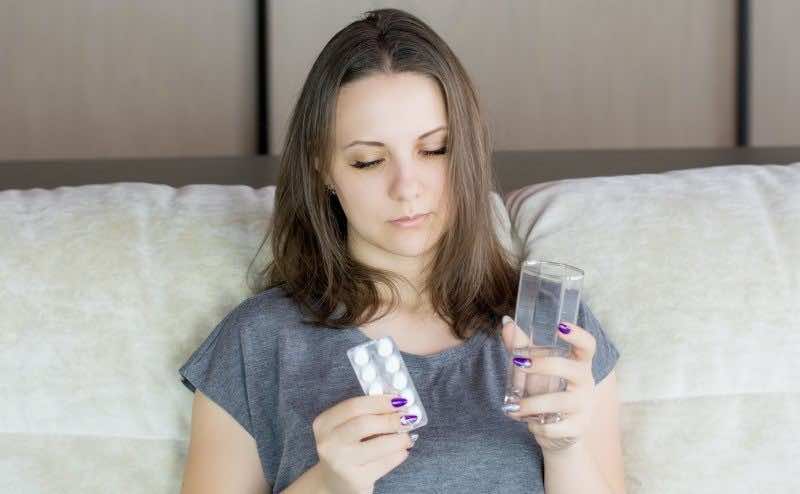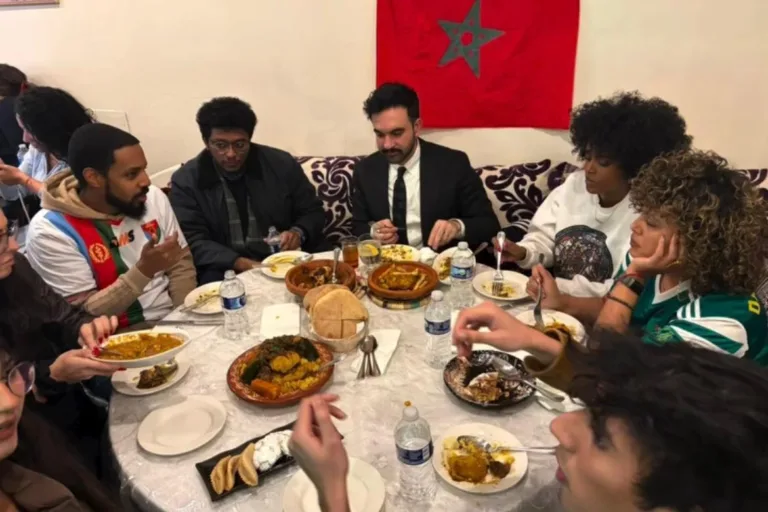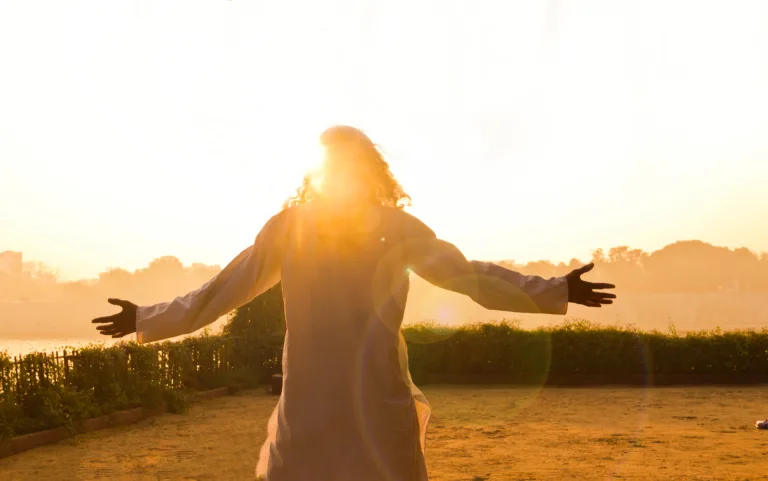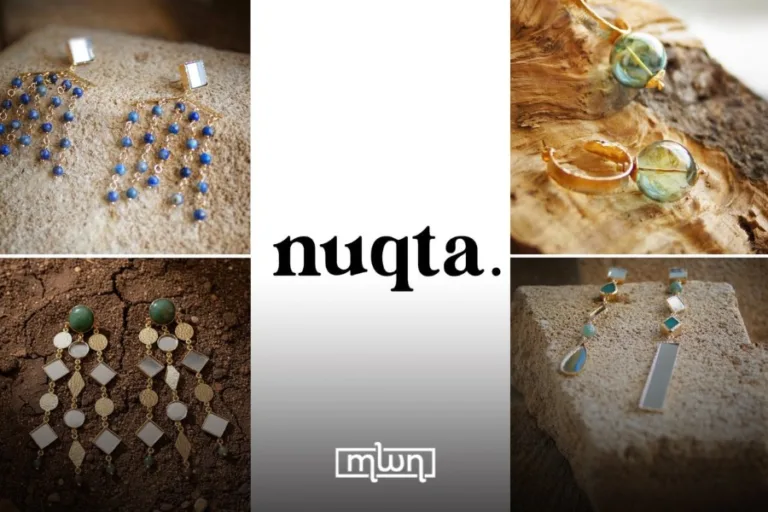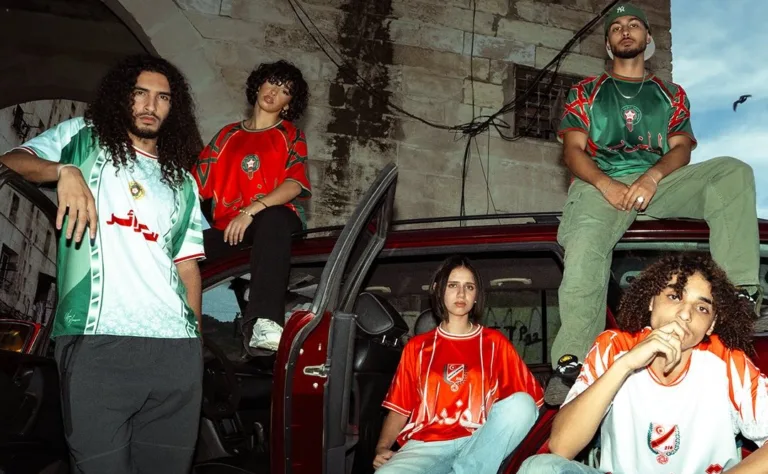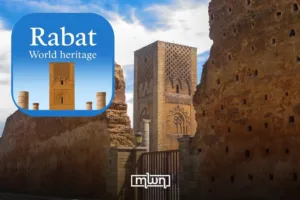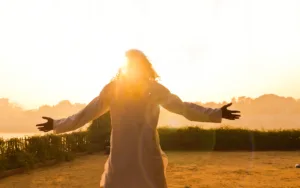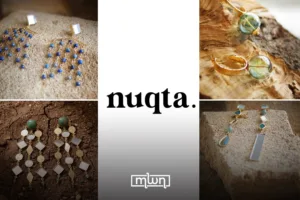Agadir – It is currently cold and flu season in Morocco. You may be feeling you have just a cold or maybe worse, you have the flu. Then again, you may have COVID-19 and your denial could be putting your life and many others in danger.
“Why take a COVID-19 test?” I asked an American friend recently. It was not a hypothetical question.
Here in Morocco, many of us simply cannot afford to take a COVID-test. My friend in the US has the option of taking a free test at her library, ordering at-home tests, and using her health insurance at a medical facility.
She is asymptomatic, meaning she does not have any signs of COVID-19, but she has been exposed to someone who is sick and tested positive. My friend wants to know if she has it or not. She wants to brace herself for the worst. She also does not want to pass COVID-19 along to anyone else.
That quaint Japanese practice of wearing a face mask to protect others, that Islamic guidance to contain your infectious condition — why not act as if? Act as if we are in a global pandemic and step up our accountability.
But what if you just have a cold?
Illnesses are cycling through our friends and neighbors in Morocco right now. Some of them are among the more than 24.6 million Moroccans who are vaccinated. Some friends and neighbors still refuse vaccinations.
Again, it is cold and flu season. But if what you are feeling is not how you normally feel or how you feel when you have a cold or flu, then you may be a major health risk to your community. You may unwittingly have COVID-19.
John D. Goldman, an infectious disease specialist at the University of Pittsburgh Medical Center, explained to Vox Media that many people think they are not sick at all. But, he pointed out, “when you talk to them, they have had a slight cough they thought was allergies, they had a little bit of a runny nose, they had a little bit of a sore throat.”
People’s denial runs thick everywhere. Goldman said, “There are a lot of people who either truly have no symptoms or have such minor symptoms that they don’t think that they’re sick enough to have Covid.” He went on to explain that these people will take medication to relieve whatever might be ailing them.
In that little taking medicine for a little something feeling off lies a big problem.
Friends and neighbors here in Morocco ask each other for suggestions of medicine to take for “headache,” “sore body,” “fever,” “breathless coughing,” and so on. One or two at a time, these are symptoms of a cold, allergies, something else, or COVID-19.
Who can take the COVID-19 test?
Currently, Moroccan public health facilities only offer free tests to people exposed to someone who has tested positive or to those who have obvious symptoms of COVID-19. Each facility does its own diagnostic assessment and decides who can or cannot take a free test.
A COVID-19 test costs MAD 400 ($43.10) or more. Compare that to MAD 20 to 30 for some paracetamol and you can understand why most people simply cannot afford to check if they have COVID-19 or not.
But why fully or even partially deny you are sick?
There is a myriad of reasons people do not want to admit when they are sick. A sign of weakness, fear of how sick they could be, not wanting to miss work or school, fear of missing out in general – these are just a few possible reasons to deny you are a little sick.
Laboratory technician Achraf Waltit has been on the COVID-19 testing frontline since the virus first appeared in early 2020. Waltit is from a small community in the Souss-Massa region and is now working in Settat, two hours drive from Casablanca. The laboratory he works in mainly tests people with doctor referrals.
Waltit speculates why others do not come in for testing or take advantage of free testing. “Some people just do not have the habit of even using health care at all.” For these people, they may go an entire lifetime, however long, without ever seeing a doctor.
He believes another common scenario is “many people are uneducated and do not know much about illnesses.” When they experience COVID symptoms, Waltit says, “they think they have a cold or something that will just heal on its own.”
It is precisely because of these arbitrary individual choices that governments have made hard choices for us. Looking forward, some European countries are already considering accepting and acting as if COVID-19 is the new normal. This means living as if COVID-19 is all around us all the time. Right now in Morocco this is the reality.
COVID-19 is at its peak in Morocco
Health officials in Morocco have been closely monitoring data and can quantify that the third wave of COVID-19 is at its peak right now. Waltit feels this peak with testing numbers increasing by the day.
This pandemic is “nowhere near finished,” according to the World Health Organization (WHO).
Yet there is still plenty of denial about our shared reality of the pandemic, from rationalizations that Omicron is a mild variant to outright conspiracies that COVID does not exist. It is hard to imagine literate, internet-accessing, or neighbor-having people remaining in denial about the severity and reality of our present day global situation.
Everyone knows someone who recovered or died from Corona, diagnosed or not.
If you are reading this, then you have more choices than many. Being even a little sick or even truly not showing any signs of illness (asymptomatic) are both situations in which you could be carrying COVID-19. It may worsen in you or you can pass the illness along to someone whose body will not manage it as well as yours.
If it acts like a cold, it might be COVID-19. Go ahead and act like you are surrounded by an infectious disease that you do not want to die from and do not want to give to anyone else.
Read also: European Governments Opt to Accept COVID-19 as ‘New Normal’

